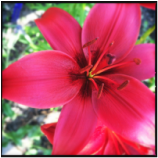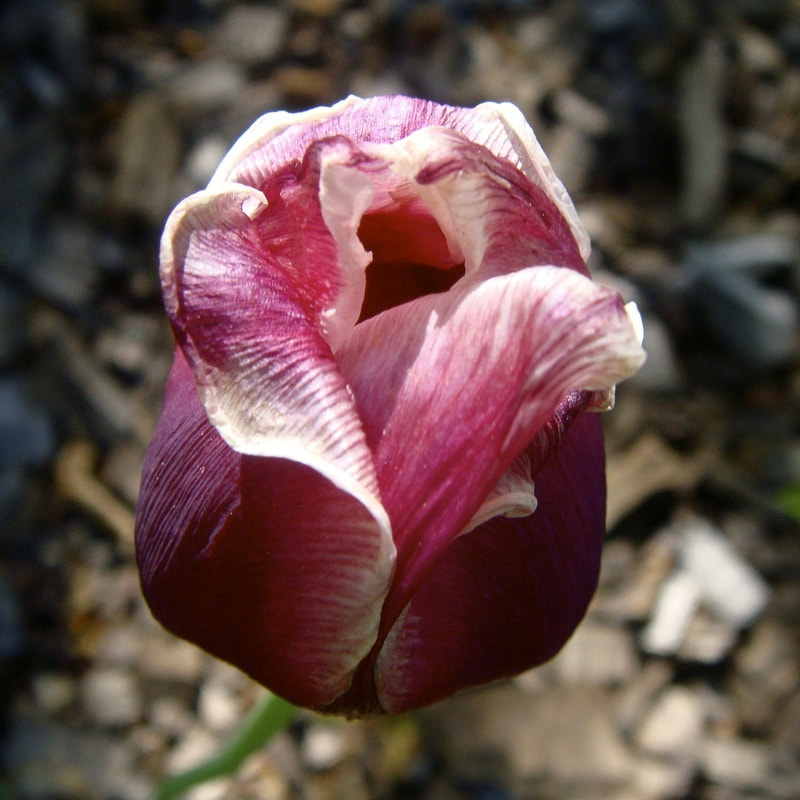Your Turn
Jessica Handler
9.1
|
There’s a doldrums point in the semester that comes just after midterms. In the classroom, my advanced creative writing undergraduates are awash with relief (midterms are over!) and somewhat stunned by the recognition that there are eight more weeks to go.
Honestly, so am I. And that makes this is the moment when, for a week of class meetings, I hand them the reins. Hence, the post-midterm unit called “Your Turn.” Also known as the week when I do not prepare a lecture and do not require a workshop submission, but instead challenge my own craft skills by responding spontaneously to whatever a student brings to the room. Click here to continue reading. |
Expressing Anger as a Positive Choice
Sonya Huber
9.1
|
I believe in the power of anger and literary expressions powered by anger. It’s taken me decades to state this plainly, working from my first introduction to the literary essay in which the angry essay was hardly ever discussed—or when it was discussed, was dismissed as often ineffective or alienating for the reader. Add to that a lifetime growing up and operating in a culture in which anger—especially expressed by marginalized people—was stigmatized, blamed for social problems, and presented as a regrettable cul de sac that only led to pain and further difficulty. Click here to continue reading.
|
Literacy as Emancipation
Kozbi Simmons
9.1
|
“Following the path laid by those running to freedom and living to tell about it, Black memoirists continue to use the motifs of movement and literacy as markers of emancipation,” Imani Perry writes in “The Year of Black Memoir” for Public Books.
Perry inspires a new pedagogy: literacy as emancipation. In Baltimore, where most of my high school students are Black and brown, outsiders expect kids to be illiterate with jail or an early death in their future. For them, literacy is not just freedom; it’s proof of life. Students leave class having studied Frederick Douglass and Lorraine Hansberry, Kiese Laymon and Audre Lorde. They read: scanning hundreds of pages, thousands of words; finding dialects they didn’t know existed, imagery that makes their knees hurt, and slang they take turns mimicking; rolling their eyes, shaking their heads, wiping their tears, and holding their bellies from laughing so hard it hurts. And then, they write: telling lies and truths; finding their voices; using emotion and logic and reputation; discovering, speaking, teaching, and learning; they see; they are seen. Click here to continue reading. |
Writing and Teaching the Polemic
Wally Suphap
9.1
|
Creative nonfiction often wrestles with the polemic. As writers, readers, and teachers of nonfiction, we seek in a work the deeper subject behind the apparent subject, to connect personal narratives to grander socio-political issues and ultimately, to the universal. Yet, in creative nonfiction workshops, discussions of the polemic—that is, the socio-political controversies and debates implicating social justice, equality, and identity (as will be defined in greater detail below)—are frequently ignored or sidestepped. Instead of addressing the author’s project, workshop feedback commonly centers around the amorphous notion of the craft—the how of the piece, rather than critically engaging with the socio-political issues and themes the writer is expressing through their work. In the current political climate, how do we as nonfiction writing instructors teach and engage with the polemic within a student’s work? Should we at all? Click here to continue reading.
|




